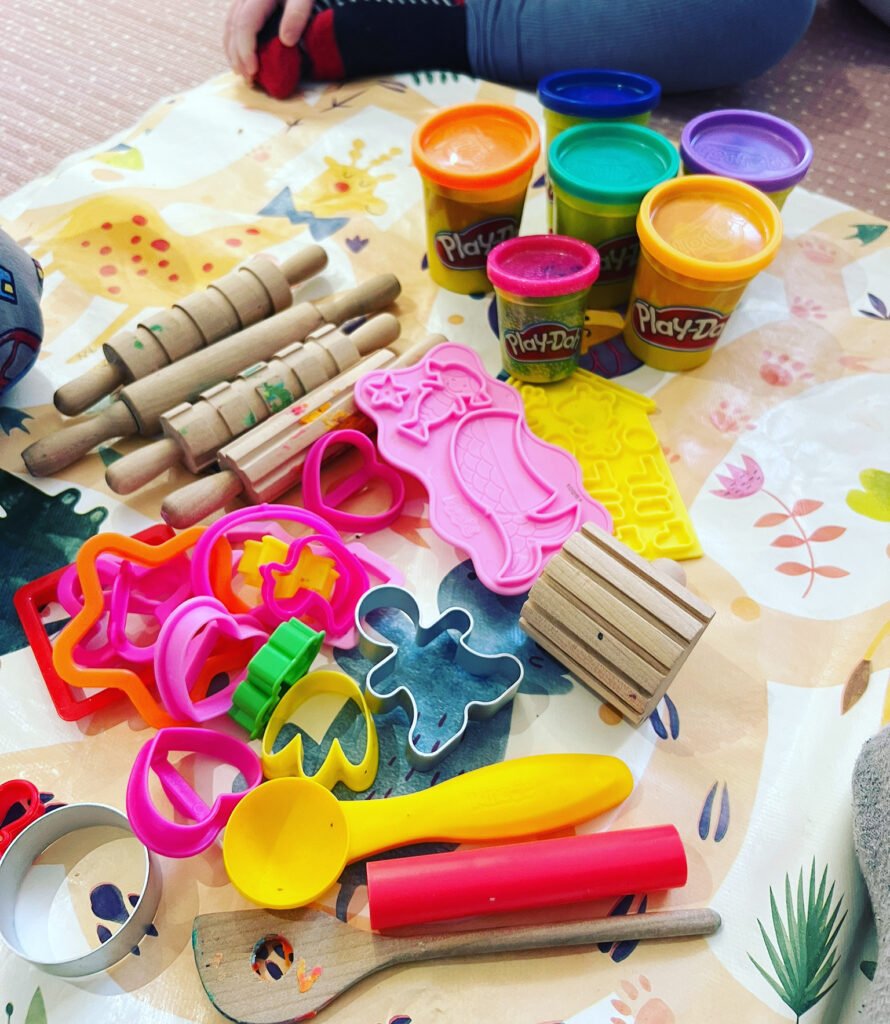
Introduction:
In the early years of childhood, every experience is an opportunity for learning and growth. One of the most enriching ways to facilitate this development is through sensory play. From the moment they are born, children are naturally drawn to exploring their environment through touch, sight, smell, taste, and sound. Sensory play harnesses these instincts, allowing children to engage in hands-on experiences that stimulate their senses and promote cognitive, social, and emotional development.
What is Sensory Play?
Sensory play involves activities that engage one or more of the senses. This can include playing with materials such as sand, water, mud, playdough, or a variety of textured objects. It can also involve exploring different scents, colors, and sounds through sensory bins, art activities, or outdoor exploration. The key is to provide children with opportunities to actively engage with their environment in a way that stimulates their senses and encourages curiosity and exploration.
Benefits of Sensory Play:
- Cognitive Development: Sensory play stimulates the brain, promoting the development of neural connections and enhancing cognitive skills such as problem-solving, creativity, and critical thinking.
- Language Development: Engaging in sensory experiences provides children with opportunities to describe what they see, feel, hear, and smell, thus expanding their vocabulary and language skills.
- Fine Motor Skills: Many sensory play activities involve manipulating small objects or materials, which helps to develop hand-eye coordination and fine motor skills.
- Social Skills: Sensory play can be a collaborative activity, encouraging children to share materials, take turns, and communicate with their peers. This fosters the development of social skills such as cooperation, empathy, and conflict resolution.
- Emotional Regulation: Sensory play provides a calming and soothing effect, helping children to regulate their emotions and alleviate stress or anxiety.
Practical Ideas for Sensory Play:
- Sensory bins filled with materials such as rice, beans, or water beads, along with scoops, cups, and containers for pouring and transferring.
- Messy play activities such as finger painting, mud play, or exploring shaving cream or slime.
- Nature exploration, including sensory walks, collecting leaves, flowers, or rocks, and observing wildlife.
- Sensory art activities use materials such as sandpaper, bubble wrap, or textured fabrics to create tactile artwork.
- Sensory storytelling uses props and materials that engage multiple senses to bring stories to life.



Conclusion:
Incorporating sensory play into early years education is not only fun and engaging for children but also essential for their overall development. By providing opportunities for children to explore their senses through play, educators and parents can support their cognitive, social, and emotional growth, laying the foundation for lifelong learning and success. So, let’s embrace the mess, get creative with materials, and let our children’s senses guide them on a journey of discovery and exploration! We always have fun here at Elisa Childcare Homeschool.











